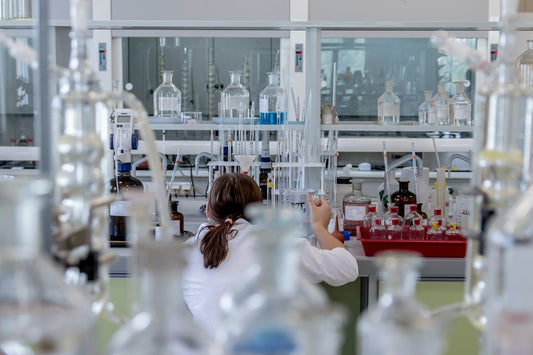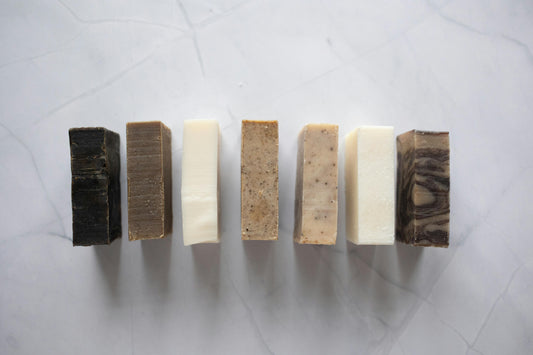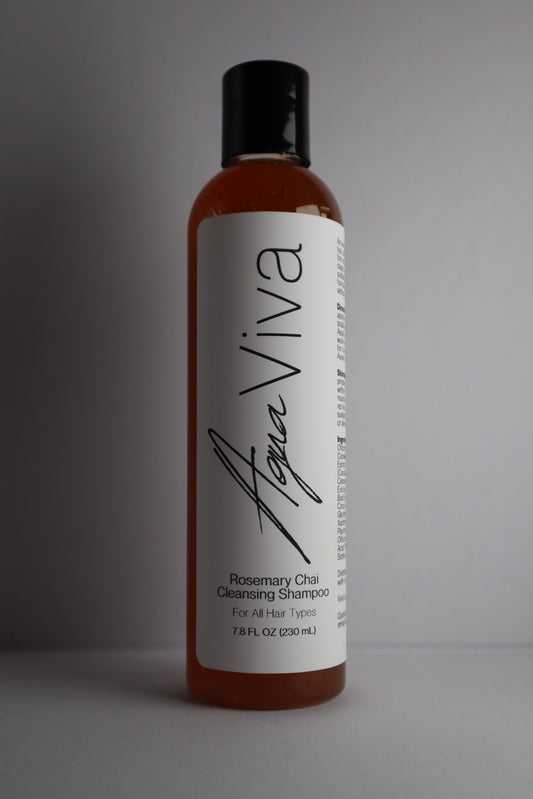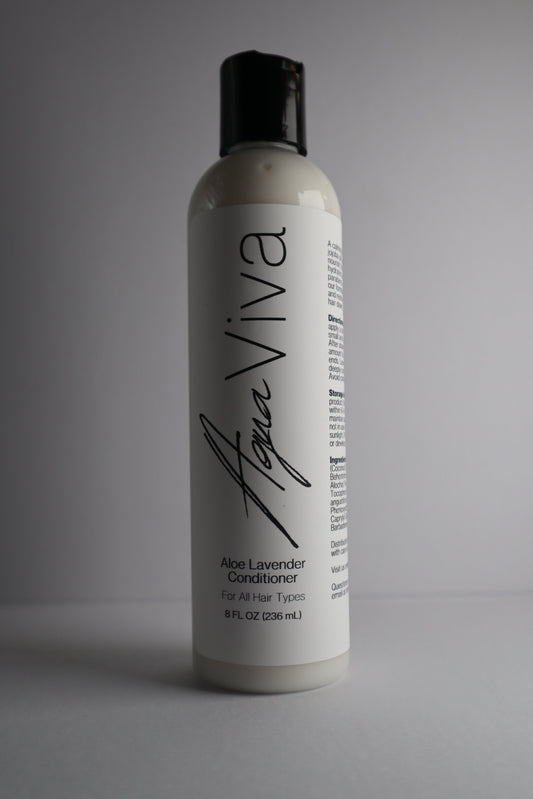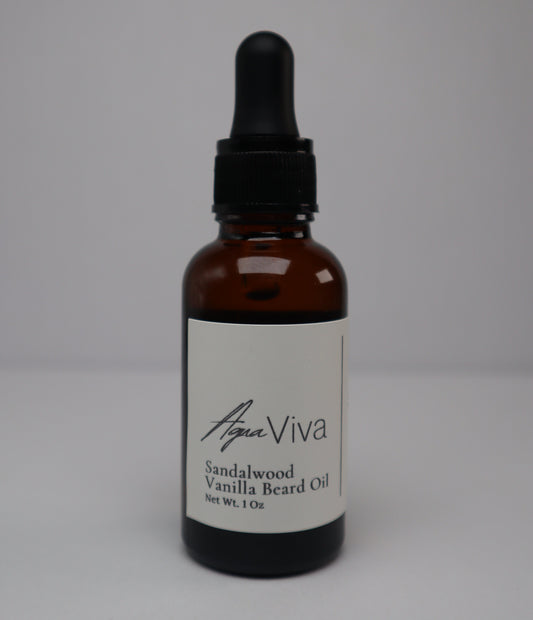
Are Preservatives Bad For You In Skincare and Personal Hygiene Products?
Compartir
If you've spent any time reading the ingredient labels on personal care products, you've probably noticed a growing trend: "preservative-free," "all-natural," or "no chemicals." At first glance, this sounds great.
But here's the truth: As much as we love and use natural ingredients, preservatives play an essential role in keeping personal care products safe, stable, and effective. And despite what the marketing tells you, there really aren’t any reliable “natural” preservatives that can do the job on their own.
Let’s break down the science behind preservatives, why they matter, and why skipping them can do more harm than good.
Why Do We Need Preservatives?
Preservatives are used in cosmetic and hygiene products to prevent the growth of microorganisms like bacteria, mold, yeast, and fungi. These microorganisms thrive in water-based products like lotions, shampoos, conditioners, body washes, and creams especially when stored in warm, humid environments (like your bathroom).
Your bathroom is actually kind of the perfect breeding ground for these harmful microorganisms.
Without preservatives, these products would quickly become breeding grounds for harmful microbes. Not only can that spoil the product, but it can pose real health risks, particularly for people with compromised skin, allergies, or immune conditions.
Preservatives protect both the integrity of the formula and the safety of the user. They extend shelf life, maintain product performance, and prevent contamination after a product has been opened and exposed to air, fingers, and moisture.
Do All Products Need a Preservative?
Certain products, such as those that contain no water and have a very low chance of being contaminated, do not always need a preservative however, the vast majority of products do need a preservative.
What Happens Without a Preservative?
Imagine leaving a glass of milk on the counter. After a few days, it would be a disgusting, bubbling mess. Somewhat less dramatically, this is about what would happen to your water-based products such as lotions, shampoos, and conditioners without the use of preservatives.
The thing is, most people have never seen a moldy shampoo or hand cream, so they can't really imagine something like this happening.
Without a preservative, you might notice a change in texture, color, or smell. But sometimes, microbial contamination isn’t visible at all. That’s what makes it dangerous. Even if it looks fine, your skin could be exposed to harmful bacteria or mold with every application.
This is why preservatives aren’t just helpful - they’re essential.
What About Natural Preservatives?
Here’s where the conversation gets tricky, especially cause we love natural ingredients. Many brands advertise natural preservatives, hoping to appeal to health-conscious or eco-conscious consumers. But the reality is that there are very few truly natural substances that can effectively preserve a water-based product safely over time.
Essential oils, vinegar, grapefruit seed extract, or vitamin E are often marketed as natural preservatives. While they may have mild antimicrobial or antioxidant properties, they are not effective broad-spectrum preservatives. They cannot protect against the wide range of microbes that pose a risk in personal care products.
In other words, they’re unreliable.
Some “natural” preservatives on the market are really just nature-inspired synthetics - lab-created versions of natural compounds that have been altered for stability and performance. These may be more gentle or biodegradable, but they’re still technically synthetic.
The Irony
The desire for "preservative-free" products is understandable, but it's based on a misunderstanding of what’s truly natural and what’s truly safe. We love our natural ingredients, but we aren't shy about the fact that we use synthetic preservatives to keep our products safe.
You know what is really natural? Mold. Yeast. Fungi. Bacteria.
You know what is also really dangerous? Those same things.
These microbes are as natural as it gets - and they will happily colonize your skincare products if you don’t stop them. Nature doesn’t care if your product is organic, vegan, or handmade in small batches. If there's water and nutrients in it, microbes will come.
Ironically, a product that claims to be "all-natural" but doesn't include a proper preservative is often less safe than one with a small amount of a synthetic preservative.
Why Synthetic Preservatives Are Used
In short, they're necessary to keep your products safe.
Some people have shied away from certain preservatives such as Phenoxyethanol due to concerns that they are synthetic. But most of these concerns stem from misinformation or misinterpretation of scientific data.
In reality, most preservatives fall into two categories:
1) Preservatives that aren't really 100% natural, despite what marketing claims are made, or
2) Preservatives that really are natural but just don't work very well, especially over time, at preventing microbial growth.
Not only does a preservative system need to be broad-spectrum, meaning it covers a wide range of bacteria, yeast, fungi, and mold, it needs to be effective and stable over time. We love natural ingredients, but the hard truth is there just aren't any 100% natural preservatives that fill this need.
Avoiding Fear-Based or Misleading Marketing
The clean beauty movement has done a lot to push the industry toward greater transparency and ingredient awareness - which we're all about. But some have exploited this to use fear-based marketing because fear sells really, really well.
Clean beauty brands that truly care about consumer safety now recognize that effective preservation is non-negotiable. Some use more “skin-friendly” preservatives or preservative boosters that are considered gentler, but an honest brand should still acknowledge the need for microbial protection.
Final Thoughts
Preservatives are the unsung heroes of the personal care world. They don’t get much love, but without them, your favorite shampoo, lotion, or cleanser could become a bacterial science experiment in a matter of days or weeks.
While it’s good to be conscious of what you put on your skin, avoiding preservatives altogether is not the answer. Instead of fearing the word “preservative,” focus on understanding which ones are used, how they work, and why they’re important.
At the end of the day, if the main concern is product safety, synthetic preservatives are necessary.

